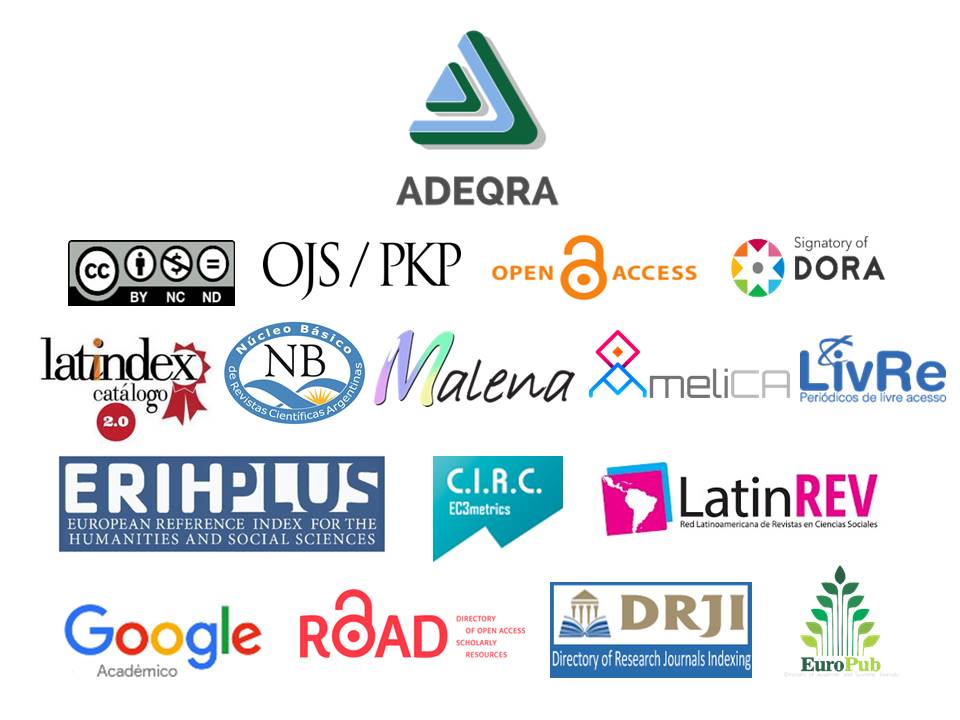Teaching and learning in times of pandemic. The reflection in the mirror of the first world
Keywords:
covid-19, pandemic, remote teaching, conferenceAbstract
In this context, the Center for Research and Support for Scientific Education (CIAEC) of the Faculty of Pharmacy and Biochemistry of the National University of Buenos Aires (UBA), organized the Cycle of International Seminars, "Teaching Experimental Sciences in times of pandemic : new realities and mediations”. From this space, he contacted national and international references, to make it possible to update teachers, contributing to think about the new challenges of the scientific-technological system and how to introduce the changes that are currently demanded and that will probably govern the practices of teaching for an extended time in what will be the post-pandemic. The opportunity, open to all those interested, reached the teachers of the Faculty of Exact, Chemical and Natural Sciences (FCEQyN) of the National University of Misiones (UNaM) and allowed access to the cycle of Seminars through the ZOOM platform and then protected in the CIAEC FFyB YouTube channel (https://www.youtube.com/watch?v=EP-a7j6PdC4yfeature=youtu.be). The participants in the call were approximately 3000 teachers. This paper reflects on one of the particularly impressive conferences held on June 13, 2020: “Lessons from the Pandemic; learning, frustrations and educational imperatives” by Dr. Vicente Talanquer, professor at the Department of Chemistry and Biochemistry at the University of Arizona, United States of America (USA), Figure 1, who began his dissertation by pointing out: “I am not an expert in education in online or remote education, I am a teacher who was forced into remote education like many of you, I want to share what I learned in the process, the frustrations I faced and which ones I consider important to move in the future .
Published
How to Cite
Issue
Section
License
Copyright (c) 2020 Miriam Gladys Acuña, Gladis Edith Medina

This work is licensed under a Creative Commons Attribution-NonCommercial-NoDerivatives 4.0 International License.



